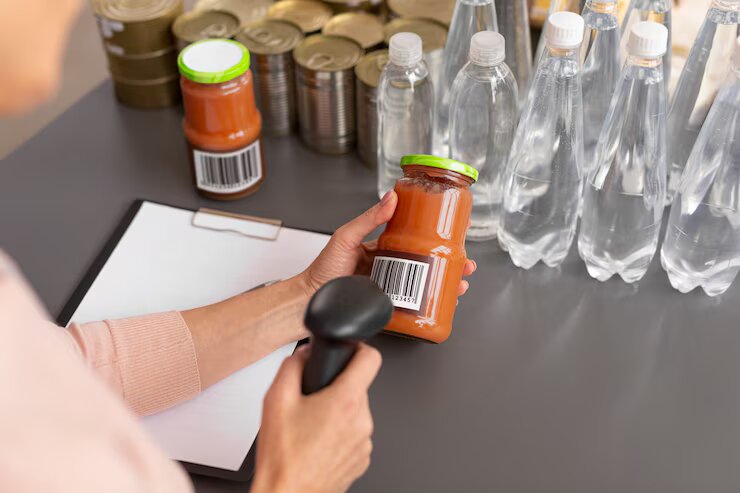
Why Product Integrity Must Be a National Priority
Scrutiny of Product Standards is Crucial for Safeguarding Lives and the Economy

Product integrity — or the lack of it — is an issue we rarely discuss in Kenya, despite its grave consequences for both human life and the economy.
Outside food safety, where health risks are often immediate and visible, scrutiny of product standards remains alarmingly low. Crises such as aflatoxin contamination in grains, mercury in sugar, and fertilizer adulteration have been met with urgency — and rightly so. However, similar vigilance is glaringly absent when it comes to manufactured goods, particularly construction materials.
The construction sector faces a worrying surge of substandard materials, according to regulators. Although there is no recent consolidated data on the full economic impact, past reports paint a disturbing picture. A 2019 National Construction Authority (NCA) report revealed that the use of substandard materials increases the risk of building collapse by 28%.
Between 2009 and 2019, 86 buildings — worth over KES 2.4 billion — collapsed, leading to over 200 deaths and more than 1,000 injuries. The National Building Inspectorate noted that 65% of these buildings were residential, 25% commercial, and 10% mixed-use. Most recently, the nation has watched in horror as buildings collapsed in Mombasa and Kisii counties, adding to this tragic toll.
The problem stems from both legitimate manufacturers cutting corners and counterfeiters exploiting Kenyans’ preference for lower prices during hard economic times.
Specifically, cement production highlights the scale of compromise. Cement quality is governed by strict standards, yet two worrying trends have emerged:
First, some manufacturers are producing substandard bagged cement, according to regulators. A plausible explanation is the manipulation of clinker content — the key strength component of cement. Since clinker is expensive to produce, reducing its use cuts production costs and boosts profits. However, it weakens the cement, creating a hidden and dangerous vulnerability.
Second, the market is flooded with counterfeiters who purchase legitimate cement, adulterate it with unknown and inferior substances, repackage it, and sell it cheaply. A single 50kg bag of cement can be stretched into two or even three bags by adding harmful fillers — mirroring the fertilizer scandal where soil and stones were passed off as fertilizer. The consequences of such adulteration are devastating, yet many consumers, unable to test or verify quality, unknowingly opt for the cheapest products.
Ironically, this happens in a market where quality is highly prized. A Geopoll Household Survey across Sub-Saharan Africa found that 60% of households ranked product quality as their top purchasing factor — ahead of price or quantity. Delivering substandard materials is therefore not only a regulatory failure; it is a moral and criminal offense.
This is more than a consumer rights issue — it is a national safety crisis. The unchecked proliferation of substandard materials endangers lives, undermines the construction industry’s integrity, and threatens Kenya’s infrastructure ambitions at a time when the global sector is moving toward sustainable, resilient construction.
To safeguard every Kenyan’s dream of building a safe home or infrastructure, we urgently need strict enforcement of standards, rigorous product testing, a transparent supply chain, and tougher penalties for offenders.
Equally important is a national campaign to raise awareness and educate Kenyans on the importance of quality in building and construction materials. Empowered with this knowledge, consumers can make informed choices that protect their investments — and their lives — from the predatory practices of unscrupulous actors.
Kenyans deserve safe homes, reliable infrastructure, and peace of mind. We must not normalise the erosion of trust and safety in this vital industry. The time to act is now.
The author is Bamburi Cement Plc’s Commercial Director









